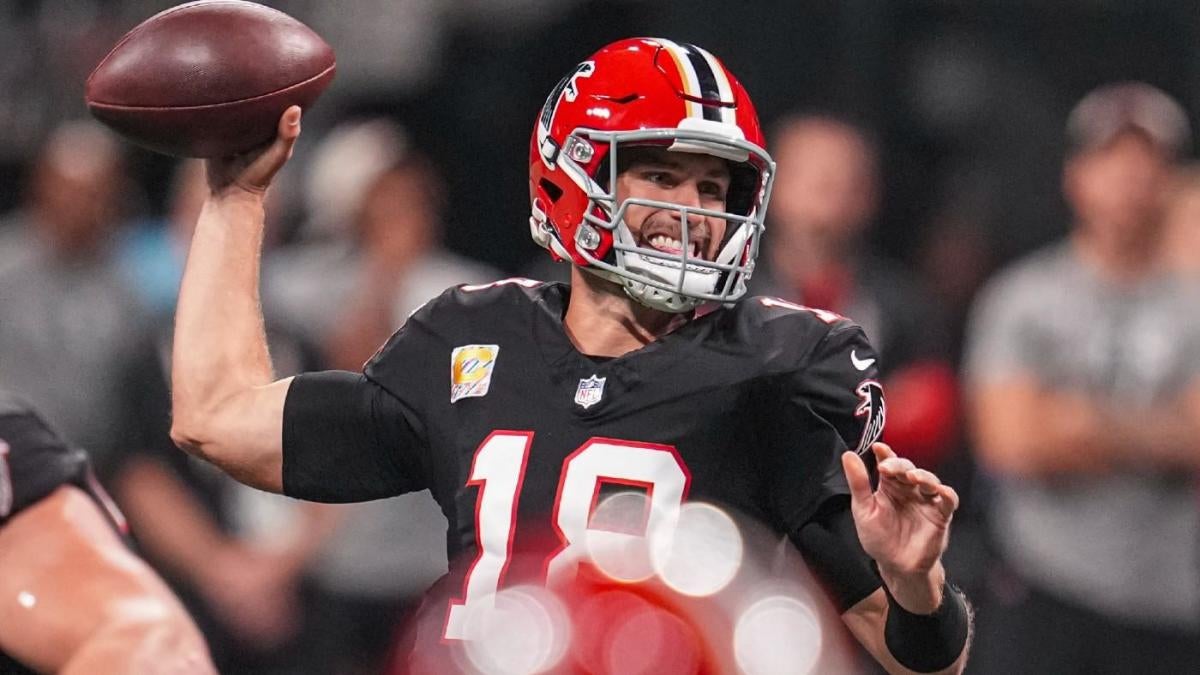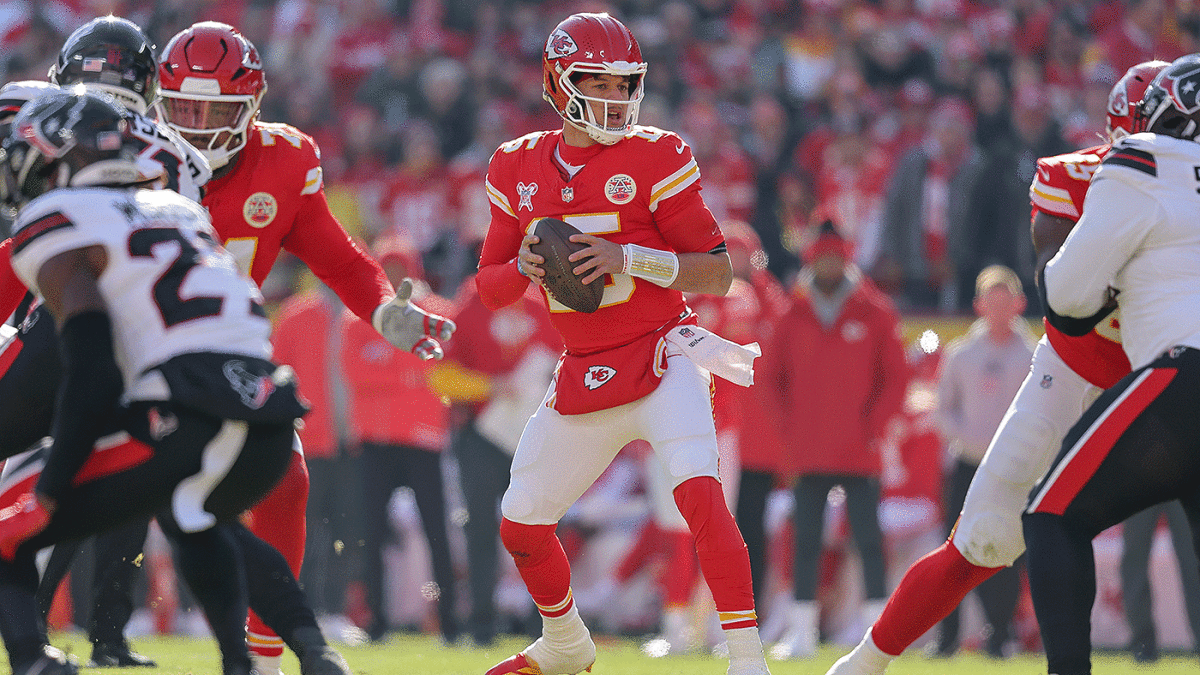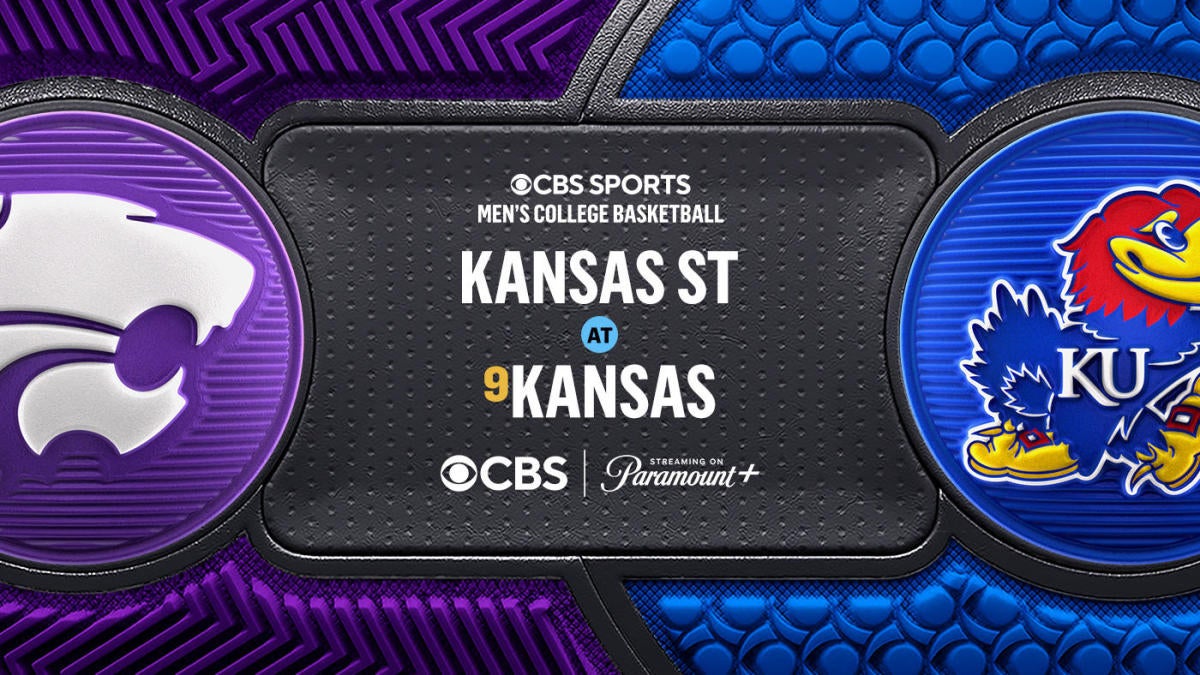Falcons bench Kirk Cousins: Can Atlanta get out of his $180M contract? Exploring options for 2025, beyond

Nine months after making Kirk Cousins their prized addition of the 2024 NFL offseason, the Atlanta Falcons have benched the quarterback indefinitely, turning the keys over to first-round rookie Michael Penix Jr. with a potential playoff spot on the line.
If the Falcons aren’t willing to trust Cousins for their final win-or-go-home matchups of the year, it stands to reason they do not trust him beyond 2024 as well. Which leads to the obvious follow-up: Can the Falcons feasibly get out of the four-year, $180 million contract they doled out to the former Minnesota Vikings captain in March?
Fortunately for Atlanta, the answer isn’t too complicated: Yes they can. The manner in which they do it simply depends on how much money they’re willing to eat to facilitate Cousins’ exit, provided of course they have no interest in going back to him at age 37, with Penix already onboard, in 2025.
Cousins is owed $27.5 million guaranteed in 2025, but the Falcons can spread out his post-2024 salary cap hits by designating him a post-June 1 release. Such a move after the 2024 campaign would result in a dead-cap charge of $40 million — the record for this, by the way, is $49.5 million, set by the Denver Broncos in their release of Russell Wilson during the offseason — but it wouldn’t result in any negative impact to Atlanta’s 2025 cap resources.
In other words, releasing Cousins as a post-June 1 cut wouldn’t save the Falcons immediate cap space, but it wouldn’t lose them any, either. It would, however, clear the bloated $57 million cap charges he’s due in the final two seasons of his deal.
The other possible but more improbable option would be a trade. Dealing Cousins to another team prior to June 1 would result in immediate savings of $2.5 million in 2025, while trading him after June 1, perhaps to a team desperate for help thanks to an offseason injury, would instantly clear $27.5 million. The latter possibility is especially remote, however, because the Falcons wouldn’t enjoy those massive cap savings until well after the major waves of free agency. The other holdups: Cousins may not have a robust trade market considering his apparent physical decline this year. And even if multiple offers did surface, he boasts a no-trade clause in his contract, giving him veto power over any and all potential trades.
Barring a heroic return to the lineup in the Falcons’ final three games, or an unlikely playoff appearance, odds are Cousins has played his last down for Atlanta, even though he said upon signing with the club that he hoped to retire in town. The organization already has a lot invested in Penix as the long-term face of the franchise, and frankly, the second the Falcons selected him No. 8 overall in April, they boldly broadcast to the rest of the league that even they, despite the sparkly contract for Cousins, didn’t fully buy into Cousins as their true savior under center.
Now their unorthodox gamble has come full circle, and unless Penix falls historically flat or goes down himself, it’s safe to presume Cousins will prefer to pursue whatever starting gigs might remain on the open market.
Related
Chiefs vs. Texans game: Where to watch and stream NFL…
Neither the Houston Texans nor the Kansas City Chiefs have looked like offensive jugger
How to watch Texans at Chiefs for free in NFL…
New York Post may be compensated and/or receive an affiliate commission if you buy through our links. Featured pricing is subject to change.
NFL playoffs schedule: Divisional round games, bracket update, more info
NFL Divisional Round picks: Why you should consider Texans, Lions, and BillsLorenzo Reyes is back with his three best bets for the NFL's Divisional Round weeken
How to watch the Washington Commanders vs. Detroit Lions –…
DETROIT -- On Saturday night, two teams trying to write out their own Cinderella stories clash in the NFC Divisional Round, as the Detroit Lions play host to th













